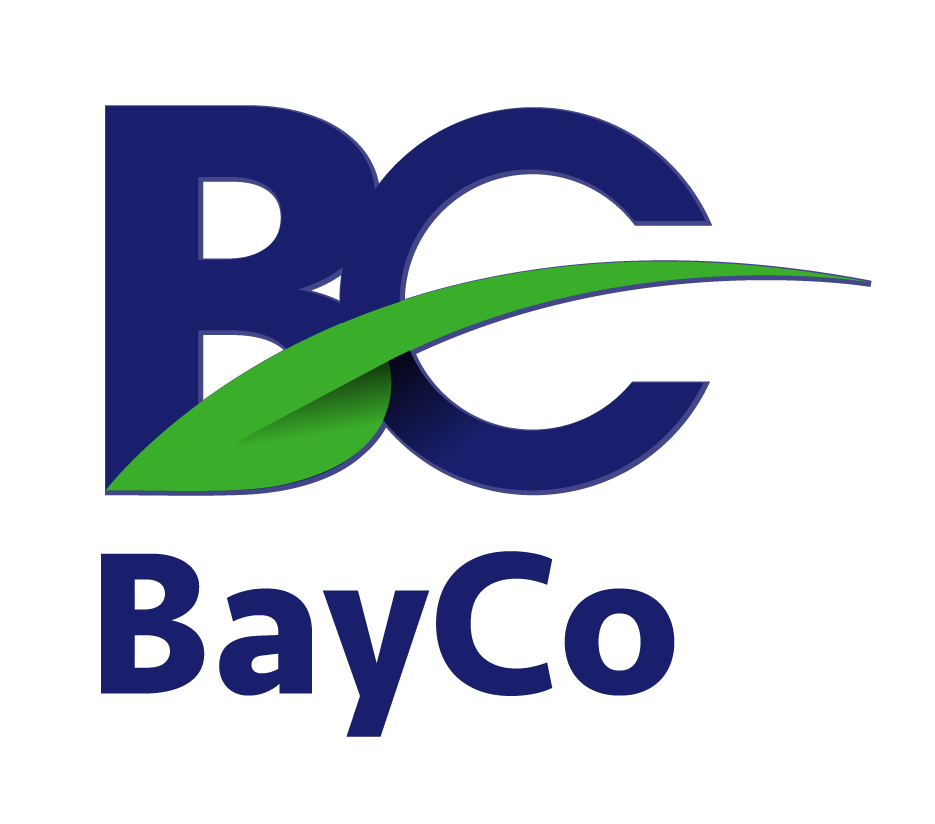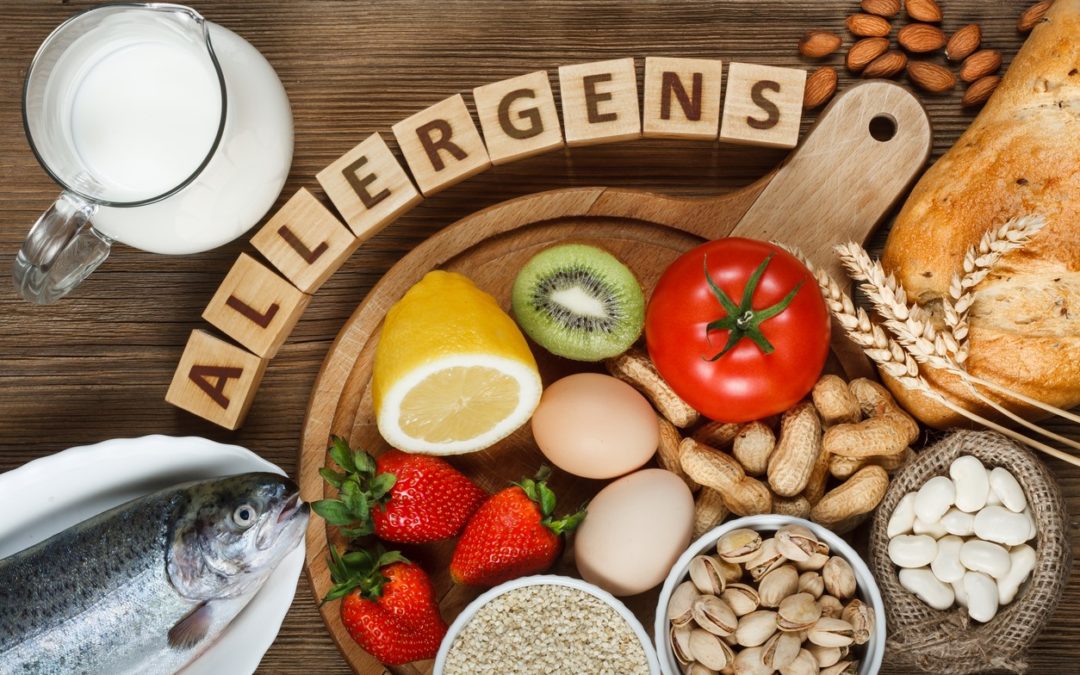Is Your Baking Supply Company Taking All the Right Precautions?
Much of the discussions about allergies in food focuses on the end-user, including making sure appropriate steps are taken to prevent diners from having a reaction to something in the meal itself. Common best practices encourage wait staff to learn any guest’s dietary restrictions, and then for kitchen staff to avoid certain ingredients or cross-contaminating surfaces, such as not preparing nuts, shellfish, dairy or other common allergens in the same area or with the same tools as the “non-allergy” meals.
As much as it can feel inconvenient sometimes to take these precautions, doing so comes down to great service: diners who see that their allergies are taken seriously are more likely to return and tell their friends. Likewise, a bad reaction, even accidental, won’t just give them indigestion but can be potentially life-threatening – and a definite place to never return. But what about the wholesale food distributors?
It’s also important, even more so, for food and ingredient buyers to make sure that their baking supply company and any wholesale food distributors they work with are just as serious about preventing the introduction of allergens or other contaminants.
For instance, the buyers working with the suppliers should learn about their processes to make sure their wholesale baking supplies are always free of potential allergens, and that their production areas remain sanitary. This knowledge also lowers everyone’s liability if a reaction does occur.
Doing this properly requires emphasis in four main areas:
- Proper labeling. The FDA requires information about the possible presence of eggs, wheat, soy, fish, shellfish, milk and peanuts/tree nuts on all labels and packages. But suppliers should go beyond this, including providing a “map” or standard documentation, about how their products are stored, how cross-contamination is avoided and any other information that shows it takes this seriously.
- Best practices. How does a vendor consistently keep their tools and equipment sanitary? What processes are followed before, during and after a production run? What steps are taken if an accidental allergen is discovered, such as alerting partners, recalling or refunding items, or a thorough cleaning and sanitizing of production areas?
- Vendor partners should look for other ways to ensure exposure to allergens is minimized. This can include educating staff on topics like cross-contamination. Some production centers even have different colored uniforms or ‘safe’ areas for different types of products to avoid exposure. Having a well-thought-out allergen management initiative can benefit everyone along the supply chain.
- Due diligence. Just as restaurants want to assure diners that their products are allergen-free, wholesalers want to do the same. This can mean looking closer at where their products are sourced. Do farmers or other suppliers take similar steps in reducing or alerting about allergy risks or other growing practices? Are they truly GMO-free or organic?
Are You Looking for a Great Baking Supply Company?
We here at Organics That deliver are always happy to discuss our processes that ensure sure that we only offer the highest quality of ingredients to our buyers. Give us a call today to find out how we can support your food production. (510) 489-1882

